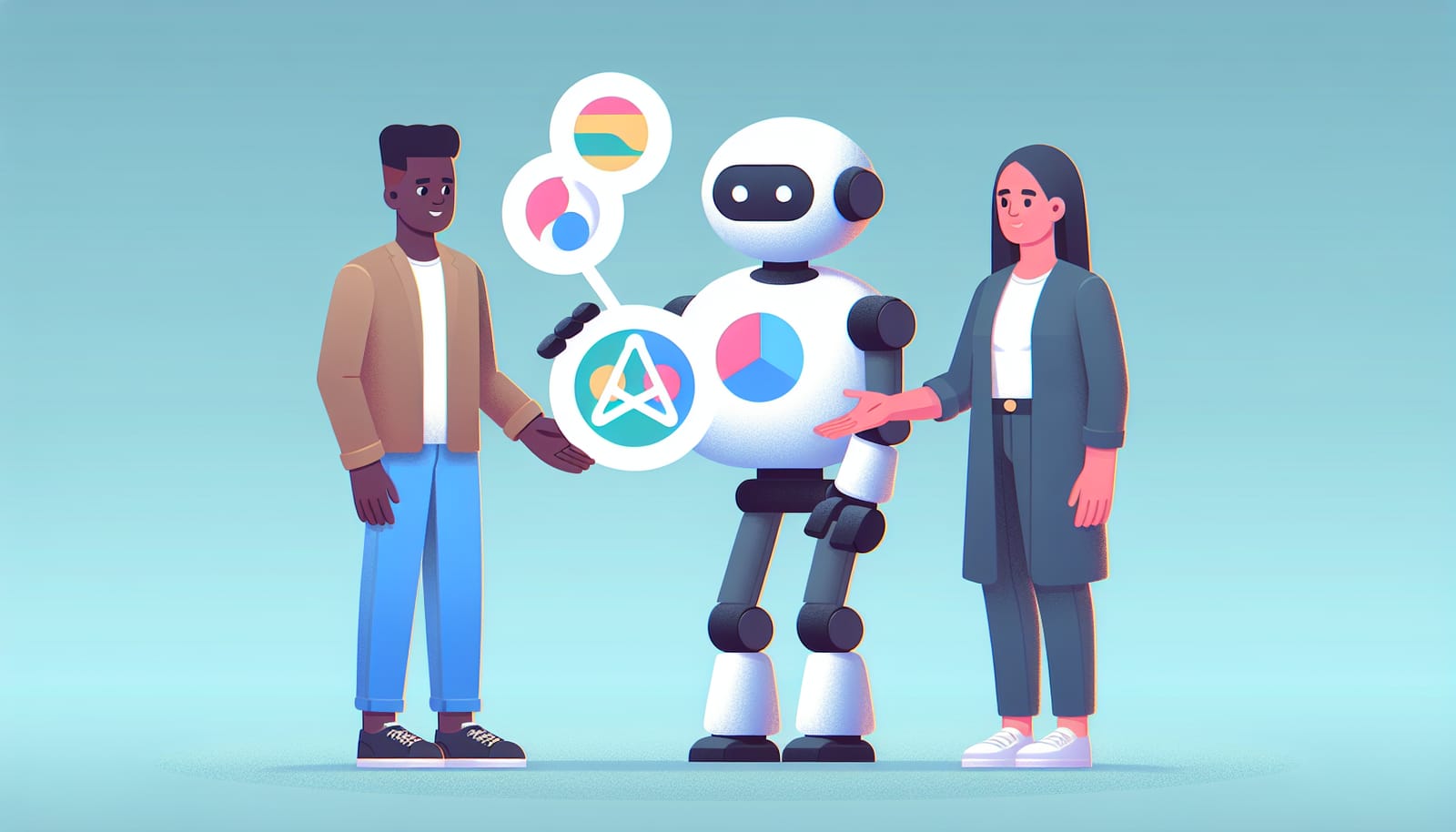Artificial Intelligence (AI) is reshaping our world in ways we could never have imagined. From self-driving cars to virtual assistants, AI has become a part of our daily lives. But with great power comes great responsibility. As AI continues to evolve, who decides the rules that govern its use? Let's take a journey through the landscape of global AI policies and explore how different countries are addressing this exciting yet complex technology.
Understanding AI and Its Impact
To appreciate the significance of AI regulations, we first need to understand what AI is. Simply put, AI refers to the ability of machines to mimic human intelligence. This includes learning from experience, recognizing patterns, and making decisions. The impact of AI is vast; it is transforming industries, enhancing healthcare, and even changing how we interact with each other.
How we choose to govern AI can have far-reaching consequences. For instance, AI can help doctors diagnose diseases faster, but if not regulated properly, it could also lead to privacy violations or biased decisions in hiring processes. It's crucial to strike a balance that harnesses the benefits of AI while minimizing its risks.
The Global Landscape of AI Policies
Countries around the world are taking different approaches to AI regulation. Some are leading the charge with comprehensive frameworks, while others are still figuring out their strategies.
The European Union (EU)
The EU is often seen as a pioneer in establishing AI regulations. In April 2021, the European Commission proposed the Artificial Intelligence Act, aiming to create a comprehensive legal framework for AI in Europe. This act categorizes AI applications into different risk levels—ranging from minimal to unacceptable—and sets strict rules for high-risk applications, like those used in healthcare or law enforcement.
The goal is to ensure that AI is safe, respects fundamental rights, and aligns with European values. This means that AI systems must be transparent and accountable, providing explanations for their decisions. For example, if an AI system denies a loan application, it should clearly explain why that decision was made.
The United States
In contrast, the United States has a more fragmented approach to AI regulation. While several federal agencies are working on AI guidelines, there is no overarching federal law like the EU's AI Act. This leads to a patchwork of state-level regulations and initiatives.
For instance, California has introduced strict privacy laws that impact AI technologies, while other states are exploring how to regulate AI in areas like automated vehicles. The U.S. government has also issued principles for AI development, emphasizing the need for innovation while maintaining trust and safety.
China
China is rapidly advancing its AI capabilities and has made significant investments in the technology. The Chinese government sees AI as a key driver of economic growth and national security. In 2017, China released its “Next Generation Artificial Intelligence Development Plan,” which outlines ambitious goals for becoming a global leader in AI by 2030.
However, China's approach to AI regulation is quite different from that of the EU or the U.S. The government exercises strict control over AI technology, focusing on surveillance and data collection. This raises important questions about privacy and human rights, as these technologies are often used to monitor citizens.
The Challenges of Regulating AI
One of the biggest challenges in regulating AI is its rapid evolution. AI technologies are developing at lightning speed, making it difficult for lawmakers to keep up. Additionally, there is a lack of consensus on what constitutes ethical AI. Different cultures and societies have varying values, which complicates the creation of universal guidelines.
Another challenge is the need for collaboration between governments, industry leaders, and researchers. Effective regulation requires a deep understanding of the technology, which means that policymakers must work closely with those who develop and deploy AI systems.
The Role of Ethics in AI Policies
As AI continues to develop, ethical considerations are becoming increasingly vital. Questions arise about fairness, accountability, and transparency. For instance, how do we ensure that AI systems are free from bias? If an AI tool is used for hiring, how can we guarantee that it doesn't discriminate against certain demographic groups?
Many organizations are now prioritizing ethical AI development. For example, the Partnership on AI, which includes major tech companies like Google and Microsoft, aims to promote best practices in AI and address the ethical implications of its use. By fostering collaboration between various stakeholders, these initiatives seek to create a more responsible AI ecosystem.
The Future of AI Regulations
Looking ahead, the future of AI regulations will likely involve more global cooperation. As AI transcends borders, countries will need to work together to establish common standards and guidelines. This could lead to the formation of international agreements similar to those seen in climate change or trade.
Moreover, as public awareness of AI grows, citizens will play an essential role in shaping the conversation around regulation. Engaging with communities and understanding their concerns will be crucial for policymakers to create fair and effective AI regulations.
The question of who decides the rules for AI is complex and multi-faceted. As we navigate this uncharted territory, it's essential to find a balance that fosters innovation while ensuring safety and ethical considerations. By learning from different countries’ approaches and engaging in meaningful dialogue, we can develop a framework that harnesses the power of AI for the greater good.
AI has the potential to revolutionize our lives, but it is up to all of us—governments, industries, and individuals—to shape its future. By staying informed and involved, we can help ensure that AI evolves in a way that benefits everyone. The journey has just begun, and together, we can create a world where AI serves humanity positively and responsibly.


